Hong Kong News

Hong Kong democracy activists ‘starting over’ in the UK
“This is not immigration, this is exile!”
Many Hong Kongers who have left the territory since China imposed the sweeping National Security Law (NSL) nearly a year ago are unsure of when – or ever – they will be able to go home.
Pro-democracy activists and elected politicians have come under increasing pressure since demonstrations swept the city in 2019. Some have been charged with security offences that carry a possible life sentence while others are in jail for organising and participating in the protests.
On Thursday, police arrested five senior executives of Apple Daily, a pro-democracy newspaper founded in 1995, accusing them of “colluding with foreign forces”, an offence under the NSL.
Into the lifeboats
Hong Kongers began to flee abroad unwillingly, to escape the risk of arbitrary arrest or to distance themselves from a place they no longer recognise
On October 14, 2020, the first Hong Kong protester was granted asylum in Germany and, since then, countries including the United Kingdom, Canada and Australia have rolled out various “lifeboat” plans for Hong Kong pro-democracy activists in need of asylum.
The European Parliament has also passed a resolution calling on member states to participate in an international lifeboat scheme.
The UK scheme, which launched on January 31, opens a pathway to citizenship.
About 34,000 Hong Kongers applied for visas in the United Kingdom in the three months after it launched, according to statistics released by the UK Home Office.
Some of those who made the move have sufficient savings to support themselves in their new home or transferable skills that make it easier to find jobs. Others are less lucky, forced to share cramped accommodation in the UK as they try to rebuild their lives thousands of kilometres from home.
They come from different parts of Hong Kong, are different people with different experiences, but they are united in their commitment to democratic freedom and fear of returning to the place where they once felt they belonged.
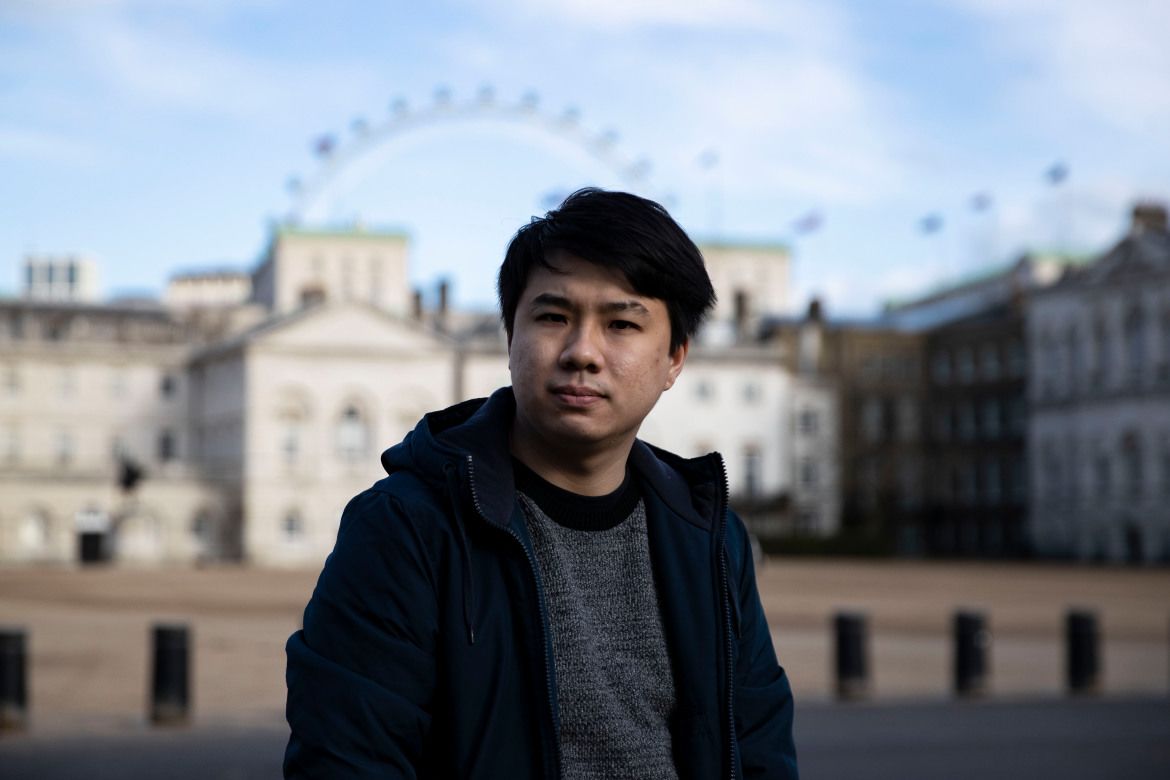 “In a democratic society... as politicians, it is our right to disagree,
overthrow the state power regime, and have elections. It is absurd that
we have to 'prove' we won’t do anything that would endanger the NSL in
the future, rather than - as is normal - the onus being on police to
find evidence of wrongdoing ... I am not afraid of arrest but I fear not
being able to hold onto my political beliefs in Hong Kong,” Timothy
Lee, 27, a pro-democracy district councillors who took part in the
primary elections last year. Lee announced in early May that he had left
Hong Kong after the police charged 47 pro-democracy activists with
“conspiracy to commit subversion" under the NSL for organising and
participating in a primary election. “Leaving the home I was born and
raised is a sorrowful last resort. I feel sorry & ashamed, but we
must carry on believing in Hong Kong,” he wrote on Twitter.
“In a democratic society... as politicians, it is our right to disagree,
overthrow the state power regime, and have elections. It is absurd that
we have to 'prove' we won’t do anything that would endanger the NSL in
the future, rather than - as is normal - the onus being on police to
find evidence of wrongdoing ... I am not afraid of arrest but I fear not
being able to hold onto my political beliefs in Hong Kong,” Timothy
Lee, 27, a pro-democracy district councillors who took part in the
primary elections last year. Lee announced in early May that he had left
Hong Kong after the police charged 47 pro-democracy activists with
“conspiracy to commit subversion" under the NSL for organising and
participating in a primary election. “Leaving the home I was born and
raised is a sorrowful last resort. I feel sorry & ashamed, but we
must carry on believing in Hong Kong,” he wrote on Twitter.
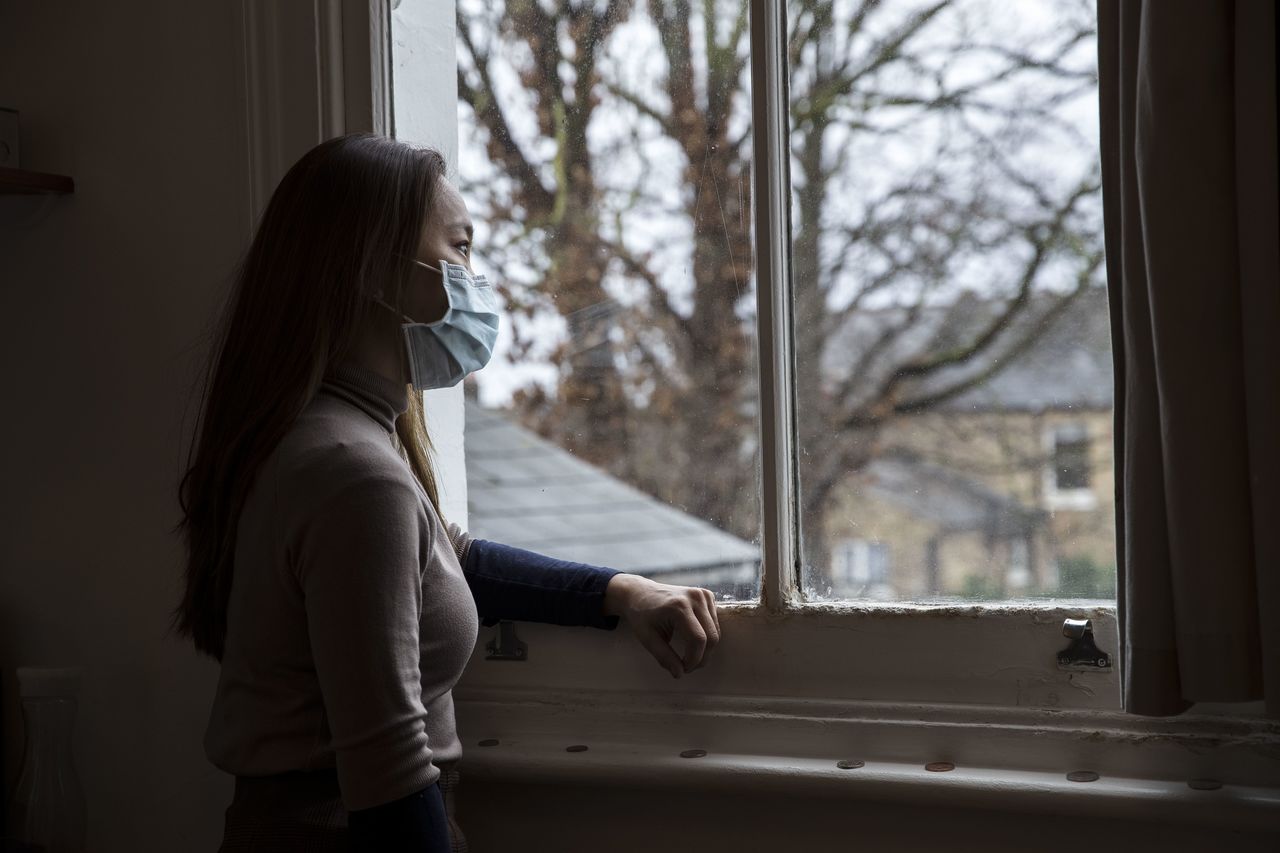 “There was a lot of tear gas. I saw police officers attack citizens,
elderly people, students, and pregnant women. I can’t sleep or even live
normally in Hong Kong any more. It's not the Hong Kong I knew. My
mother doesn’t want me and my brother to die in a place with no freedom,
she encouraged us to escape. I know I might never see my mother again
before she dies but this is for the best right now,” Eliz C, 43, a nurse
who left Hong Kong in the summer of 2020,. She had never been to the UK
before.
“There was a lot of tear gas. I saw police officers attack citizens,
elderly people, students, and pregnant women. I can’t sleep or even live
normally in Hong Kong any more. It's not the Hong Kong I knew. My
mother doesn’t want me and my brother to die in a place with no freedom,
she encouraged us to escape. I know I might never see my mother again
before she dies but this is for the best right now,” Eliz C, 43, a nurse
who left Hong Kong in the summer of 2020,. She had never been to the UK
before.
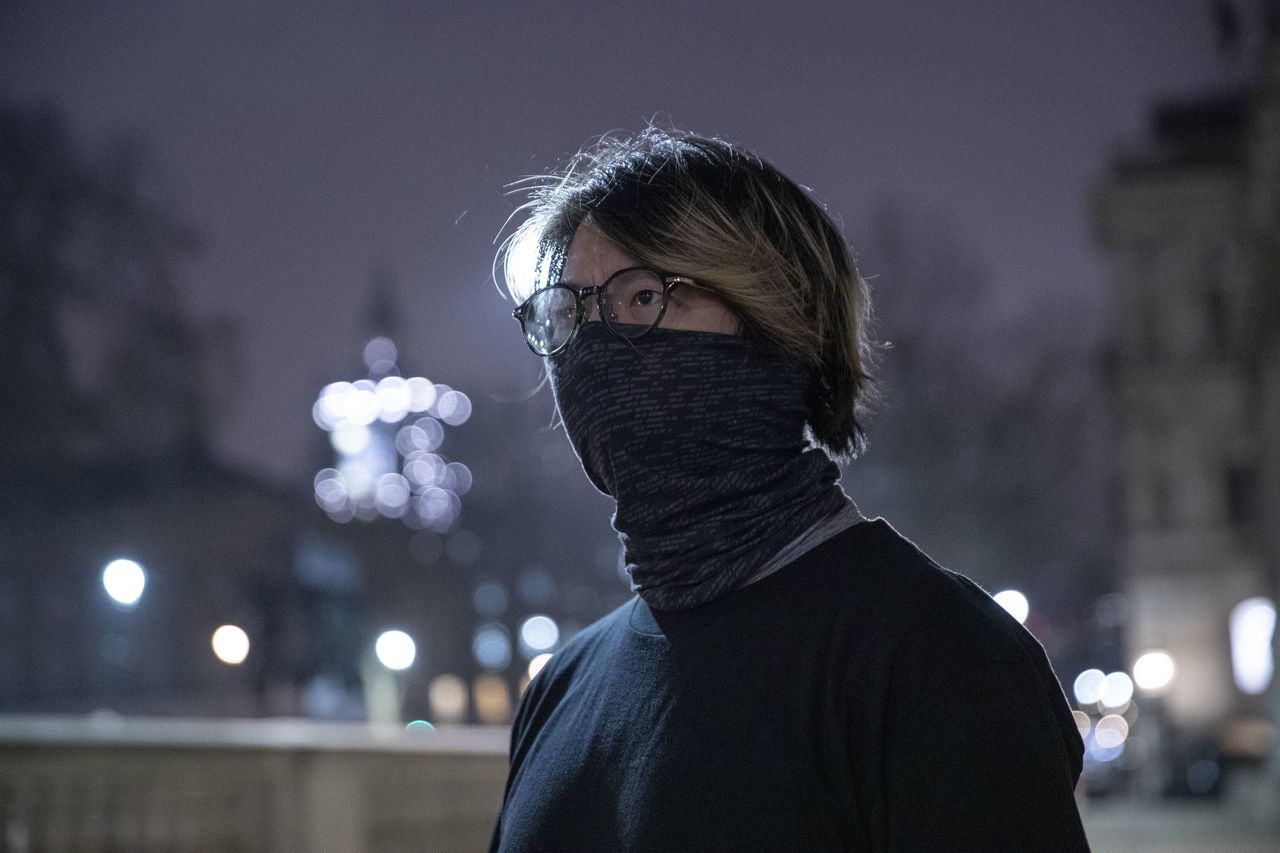 “I feel guilty, depressed and have many sleepless nights as many
comrades around me are arrested. I took sleeping pills and contemplated
jumping off a building,” Vi, in his 30s, who was a government bureaucrat
until he quit his job and joined the 2019 protests. After being
followed by plain-clothes police for a few weeks, he decided he had to
leave his home country.
“I feel guilty, depressed and have many sleepless nights as many
comrades around me are arrested. I took sleeping pills and contemplated
jumping off a building,” Vi, in his 30s, who was a government bureaucrat
until he quit his job and joined the 2019 protests. After being
followed by plain-clothes police for a few weeks, he decided he had to
leave his home country.
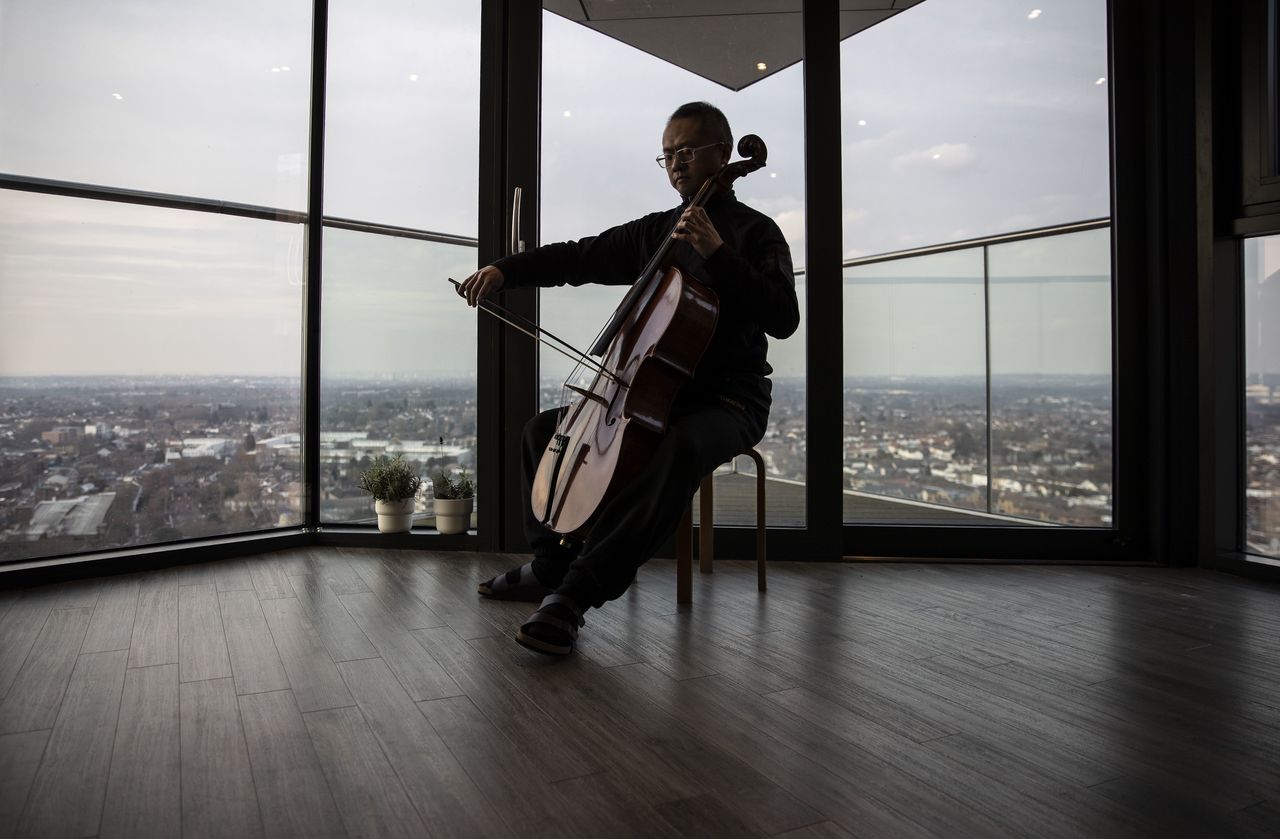 “I lived in Yuen Long, with a view of Shenzhen... surrounded by
mainlanders. Since 2019, my wife and I stopped talking loudly,
especially on the bus and we started using anti-spy screen protectors on
our phones. On the night of July 21, 2019, I got lucky. I turned on the
news and saw there had been an attack at the same station I had just
gone through coming home from a protest. Hundreds of men wearing white
t-shirts attacked civilians (wearing black). But I was so worried it
would happen again and next time I wouldn’t be so lucky. Since then, the
trust between the police and citizens is broken. It was a turning point
and somehow it can’t be resolved for me. After that, I bought a book
called 100 ways to escape counterterrorism stratagems. I also bought a
backpack that can fit a kickboard, just in case. After that incident,
every time I left home, I had to think about what colour clothes or mask
to wear. I own mostly black clothes but I wondered, should I wear white
or blue to be safe?” David Wong, musician and cello teacher who
produced music for the Hong Kong protests and performed it live. He left
for the UK in early December 2020.
“I lived in Yuen Long, with a view of Shenzhen... surrounded by
mainlanders. Since 2019, my wife and I stopped talking loudly,
especially on the bus and we started using anti-spy screen protectors on
our phones. On the night of July 21, 2019, I got lucky. I turned on the
news and saw there had been an attack at the same station I had just
gone through coming home from a protest. Hundreds of men wearing white
t-shirts attacked civilians (wearing black). But I was so worried it
would happen again and next time I wouldn’t be so lucky. Since then, the
trust between the police and citizens is broken. It was a turning point
and somehow it can’t be resolved for me. After that, I bought a book
called 100 ways to escape counterterrorism stratagems. I also bought a
backpack that can fit a kickboard, just in case. After that incident,
every time I left home, I had to think about what colour clothes or mask
to wear. I own mostly black clothes but I wondered, should I wear white
or blue to be safe?” David Wong, musician and cello teacher who
produced music for the Hong Kong protests and performed it live. He left
for the UK in early December 2020.
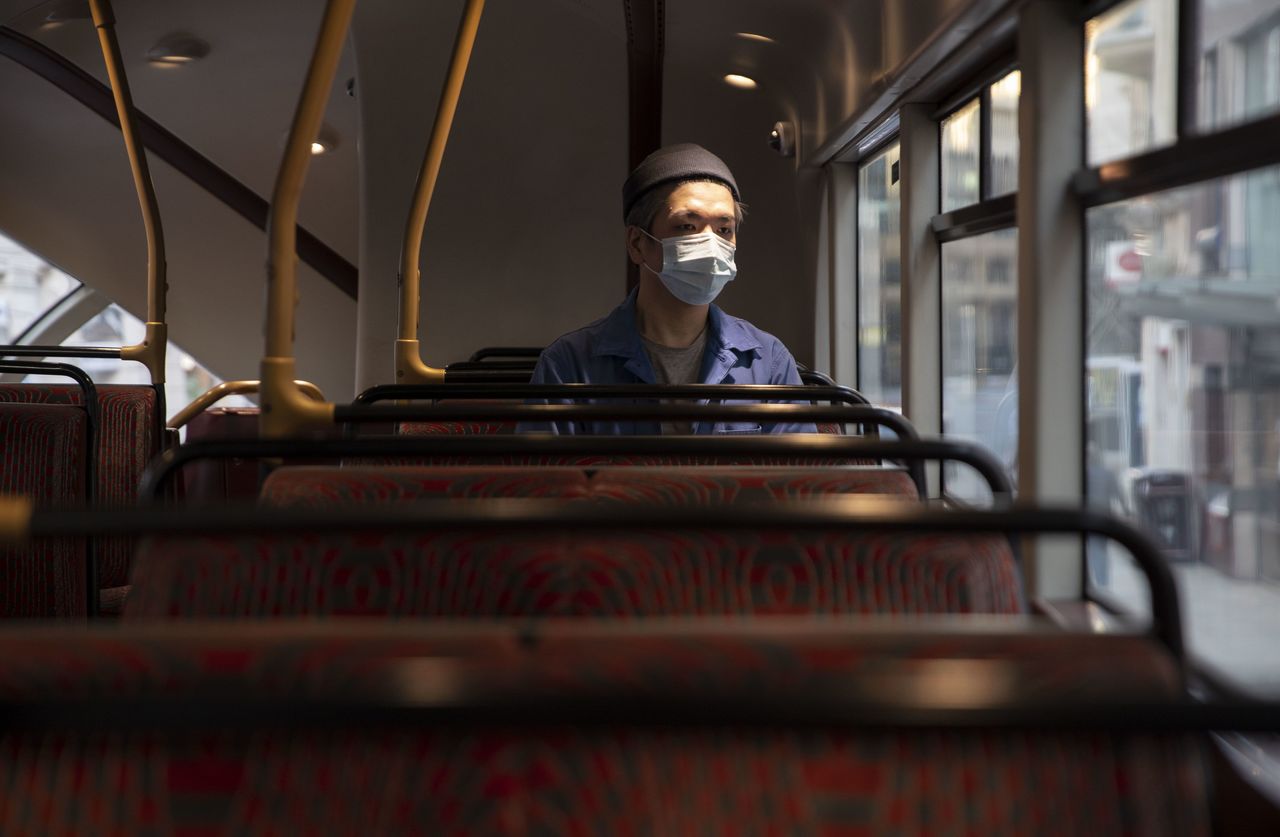 “There were many silently arrested, people went missing, bodies were
found in different places. Rumours went around saying that people had
been thrown out of buildings, 'suicide'... or picked up by National
Security officers. I didn’t feel safe. They’re coming for revenge,” Kay,
a well-paid manager in an international corporation who spent most of
his savings funding the protests and organised activities calling for
western countries to help. He left Hong Kong in the summer of 2020,
paying his way out of his job and apartment, throwing away most of his
belongings and buying a one-way ticket to the UK within three days of
learning that another organiser had been taken away by the police.
“There were many silently arrested, people went missing, bodies were
found in different places. Rumours went around saying that people had
been thrown out of buildings, 'suicide'... or picked up by National
Security officers. I didn’t feel safe. They’re coming for revenge,” Kay,
a well-paid manager in an international corporation who spent most of
his savings funding the protests and organised activities calling for
western countries to help. He left Hong Kong in the summer of 2020,
paying his way out of his job and apartment, throwing away most of his
belongings and buying a one-way ticket to the UK within three days of
learning that another organiser had been taken away by the police.
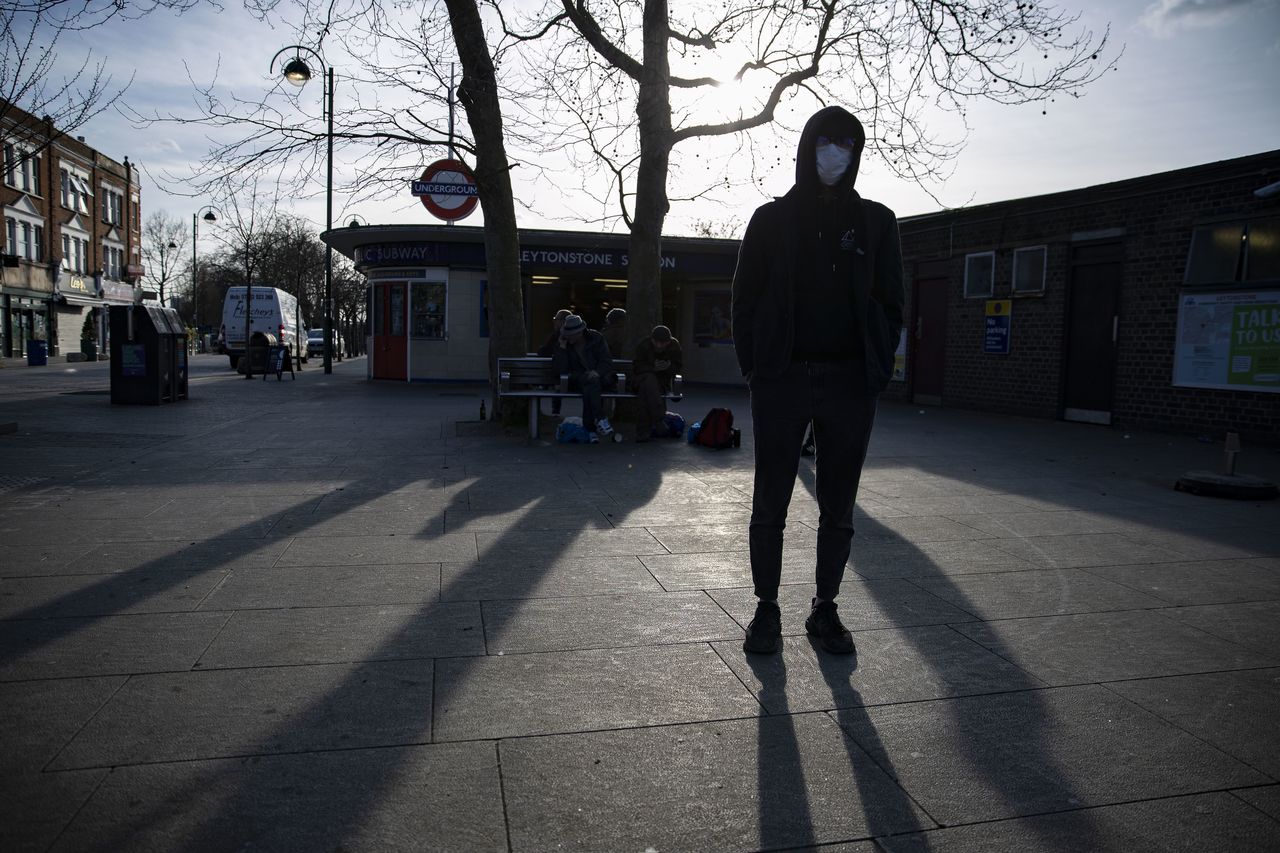 “The education system is different in the UK compared to Hong Kong. I
have to start all over again, waste three years of my youth. Yes, I
regret that I got caught. Yes, I should prepare myself better and, yes, I
should have made wiser decisions when the police were trying to arrest
me. But I have no regrets about joining the protest as the government is
dictatorial,” Rousseau, 20, a student at the Chinese University of Hong
Kong who was charged with seven offences in relation to the 2019
protests and faced life in prison. He fled into exile in the UK in July
2020 before the court order and suffered from post-traumatic stress
disorder for six months after his arrival.
“The education system is different in the UK compared to Hong Kong. I
have to start all over again, waste three years of my youth. Yes, I
regret that I got caught. Yes, I should prepare myself better and, yes, I
should have made wiser decisions when the police were trying to arrest
me. But I have no regrets about joining the protest as the government is
dictatorial,” Rousseau, 20, a student at the Chinese University of Hong
Kong who was charged with seven offences in relation to the 2019
protests and faced life in prison. He fled into exile in the UK in July
2020 before the court order and suffered from post-traumatic stress
disorder for six months after his arrival.
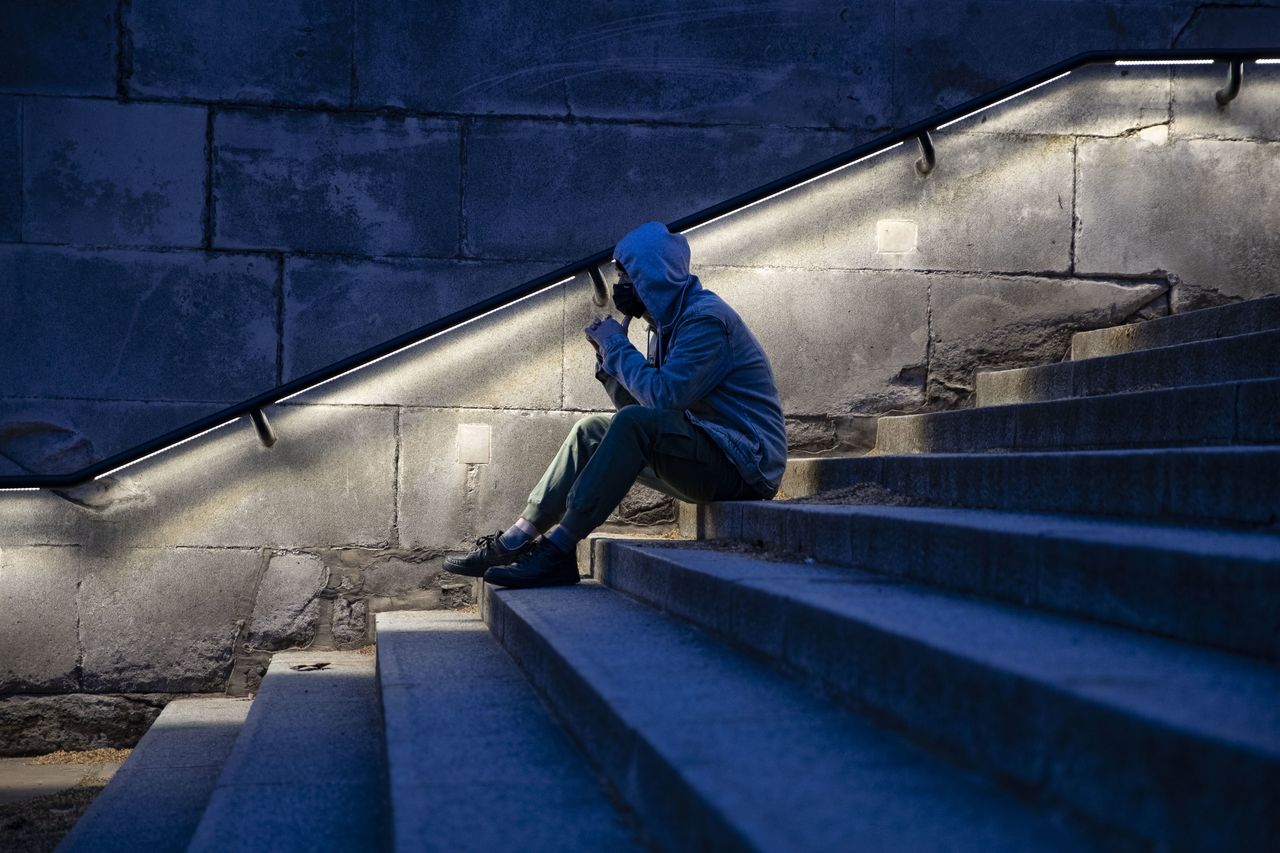 “My friend is one of the 12 youths arrested at sea on their way to
Taiwan. I helped her buy essentials for the trip - like phone cards and
food - I would deliver everything to a designated 'safe house'. We heard
that my friend and the others confessed by force and torture shortly
after they were detained by the Chinese coastguard. The police continued
searching for and arresting our colleagues, and that’s when I decided
to leave. I deleted all my social media accounts and conversations with
my friends. I told my mother I had received a great job offer abroad. My
father didn’t even know I left," D*, 30, computer shop assistant. He
left Hong Kong for the UK in November 2020.
“My friend is one of the 12 youths arrested at sea on their way to
Taiwan. I helped her buy essentials for the trip - like phone cards and
food - I would deliver everything to a designated 'safe house'. We heard
that my friend and the others confessed by force and torture shortly
after they were detained by the Chinese coastguard. The police continued
searching for and arresting our colleagues, and that’s when I decided
to leave. I deleted all my social media accounts and conversations with
my friends. I told my mother I had received a great job offer abroad. My
father didn’t even know I left," D*, 30, computer shop assistant. He
left Hong Kong for the UK in November 2020.
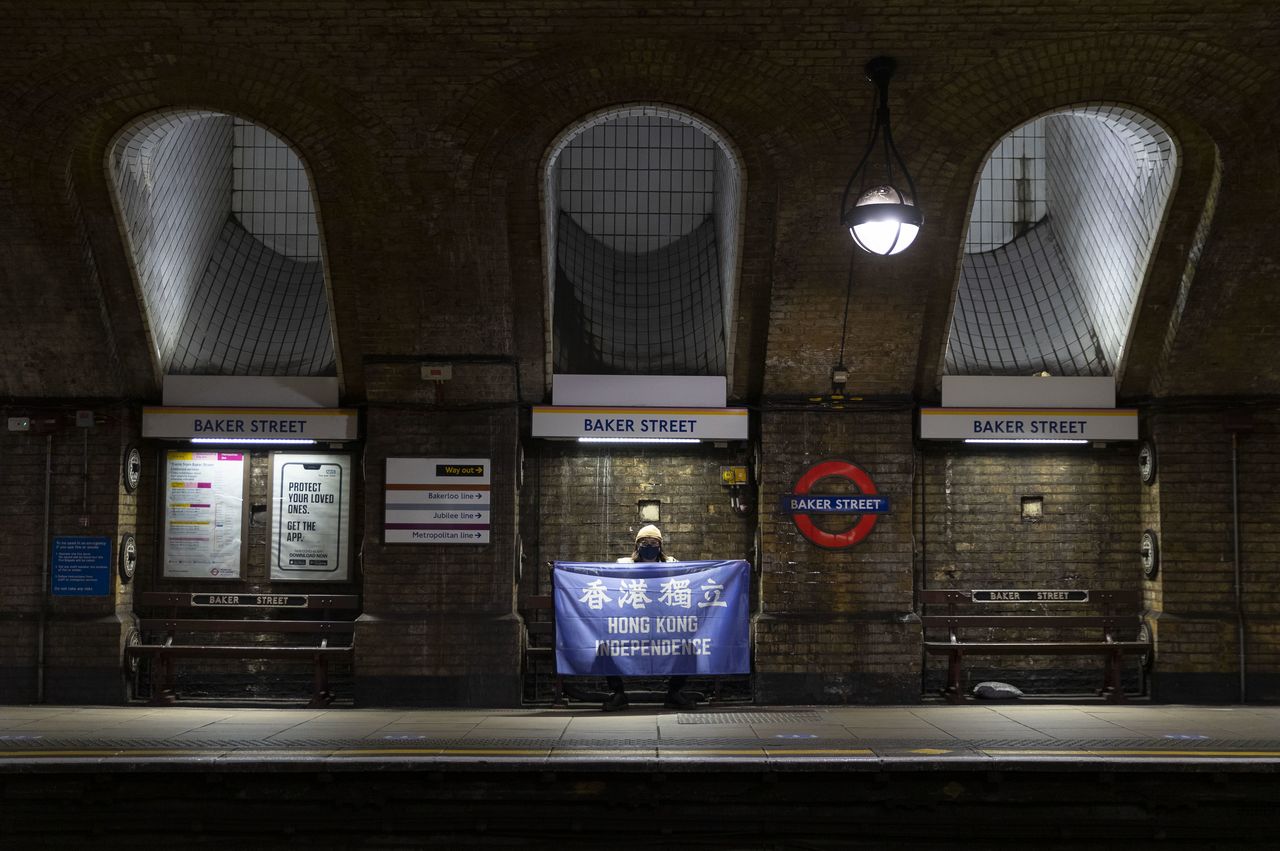 “I was arrested with around 60 other people on the night of August 31,
2019, when the riot police stormed into the Prince Edward MTR station
after the clashes between train commuters and pro-democracy
demonstrators. I thought I was going to die from the pressure police
were putting on my back. Police distributed protest gear, backpacks and
other clothes and demanded we wear them for pictures as evidence, I told
them some were not mine but they told me to tell the judge." Jim Wong,
29, filmmaker and music video producer. Wong was initially charged with
taking part in an illegal gathering but that was later turned into eight
charges, including two counts of rioting that carry a maximum of 10
years in prison. Wong booked a ticket for the UK and applied for asylum.
He is currently waiting to hear about his refugee status. “If I stayed
in Hong Kong, I wouldn’t receive justice. At least now I have a chance
to tell everyone the truth."
“I was arrested with around 60 other people on the night of August 31,
2019, when the riot police stormed into the Prince Edward MTR station
after the clashes between train commuters and pro-democracy
demonstrators. I thought I was going to die from the pressure police
were putting on my back. Police distributed protest gear, backpacks and
other clothes and demanded we wear them for pictures as evidence, I told
them some were not mine but they told me to tell the judge." Jim Wong,
29, filmmaker and music video producer. Wong was initially charged with
taking part in an illegal gathering but that was later turned into eight
charges, including two counts of rioting that carry a maximum of 10
years in prison. Wong booked a ticket for the UK and applied for asylum.
He is currently waiting to hear about his refugee status. “If I stayed
in Hong Kong, I wouldn’t receive justice. At least now I have a chance
to tell everyone the truth."
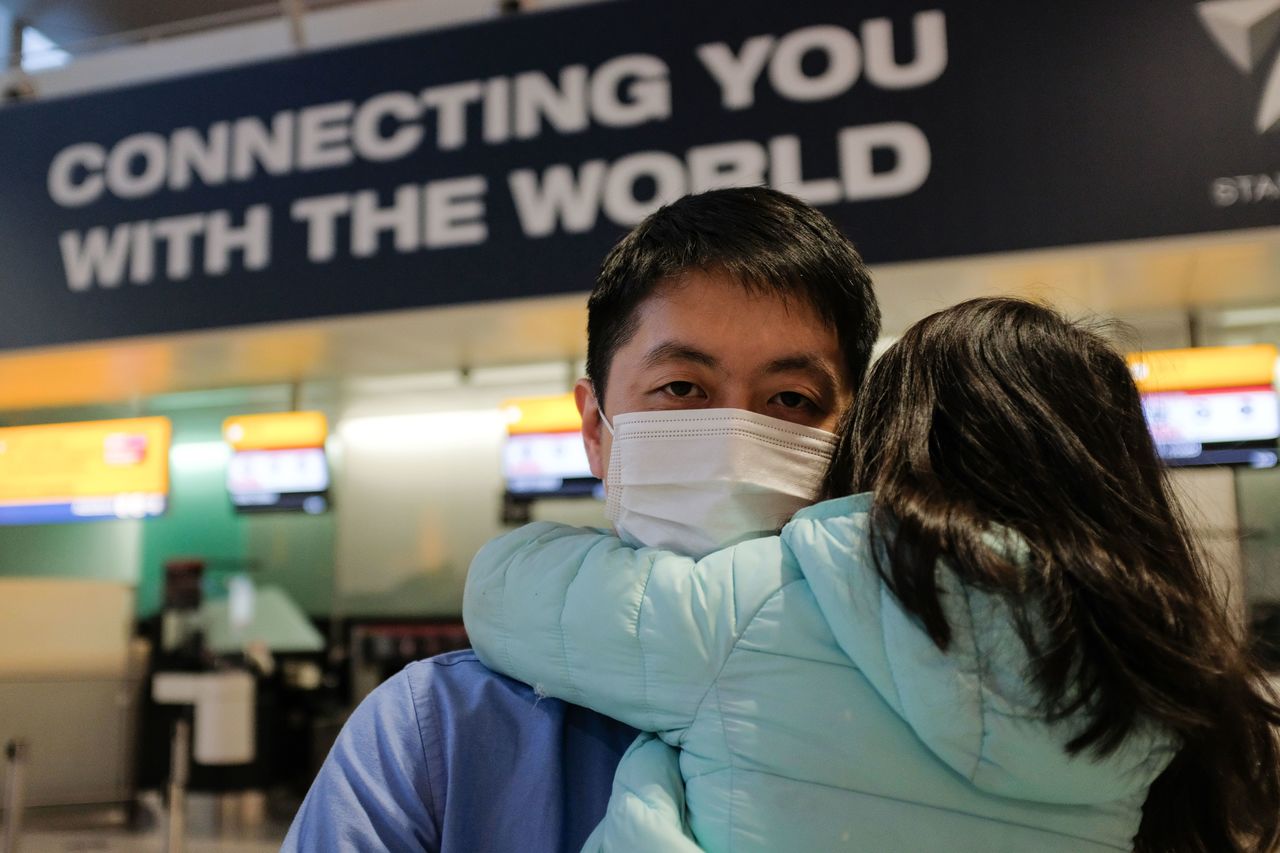 "They come very early in the morning, handcuff you and send you directly
to the police station, to court. Any moment can be the end of your
freedom. My family not only saw them arrest me, the police followed them
as well. My wife had nightmares of us being caught. My kids said if we
don’t leave, the 'baddy' will come for us. I wouldn't have been able to
speak for Hongkongers, freedom or democracy any more if I stayed because
the national security law is vague,” said Ted Hui Chi-fung a former
opposition lawmaker who is facing at least nine charges, including
“foreign collusion”, under the national security law. He is also one of
15 Hong Kong lawmakers who resigned in protest from the city’s
legislative council last year after Beijing removed four other
politicians for being "unpatriotic”.
"They come very early in the morning, handcuff you and send you directly
to the police station, to court. Any moment can be the end of your
freedom. My family not only saw them arrest me, the police followed them
as well. My wife had nightmares of us being caught. My kids said if we
don’t leave, the 'baddy' will come for us. I wouldn't have been able to
speak for Hongkongers, freedom or democracy any more if I stayed because
the national security law is vague,” said Ted Hui Chi-fung a former
opposition lawmaker who is facing at least nine charges, including
“foreign collusion”, under the national security law. He is also one of
15 Hong Kong lawmakers who resigned in protest from the city’s
legislative council last year after Beijing removed four other
politicians for being "unpatriotic”.











